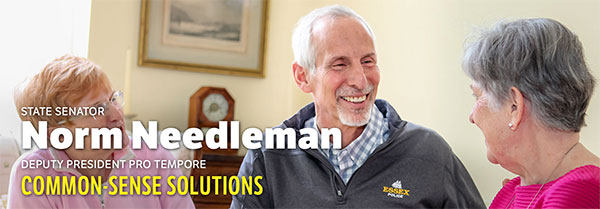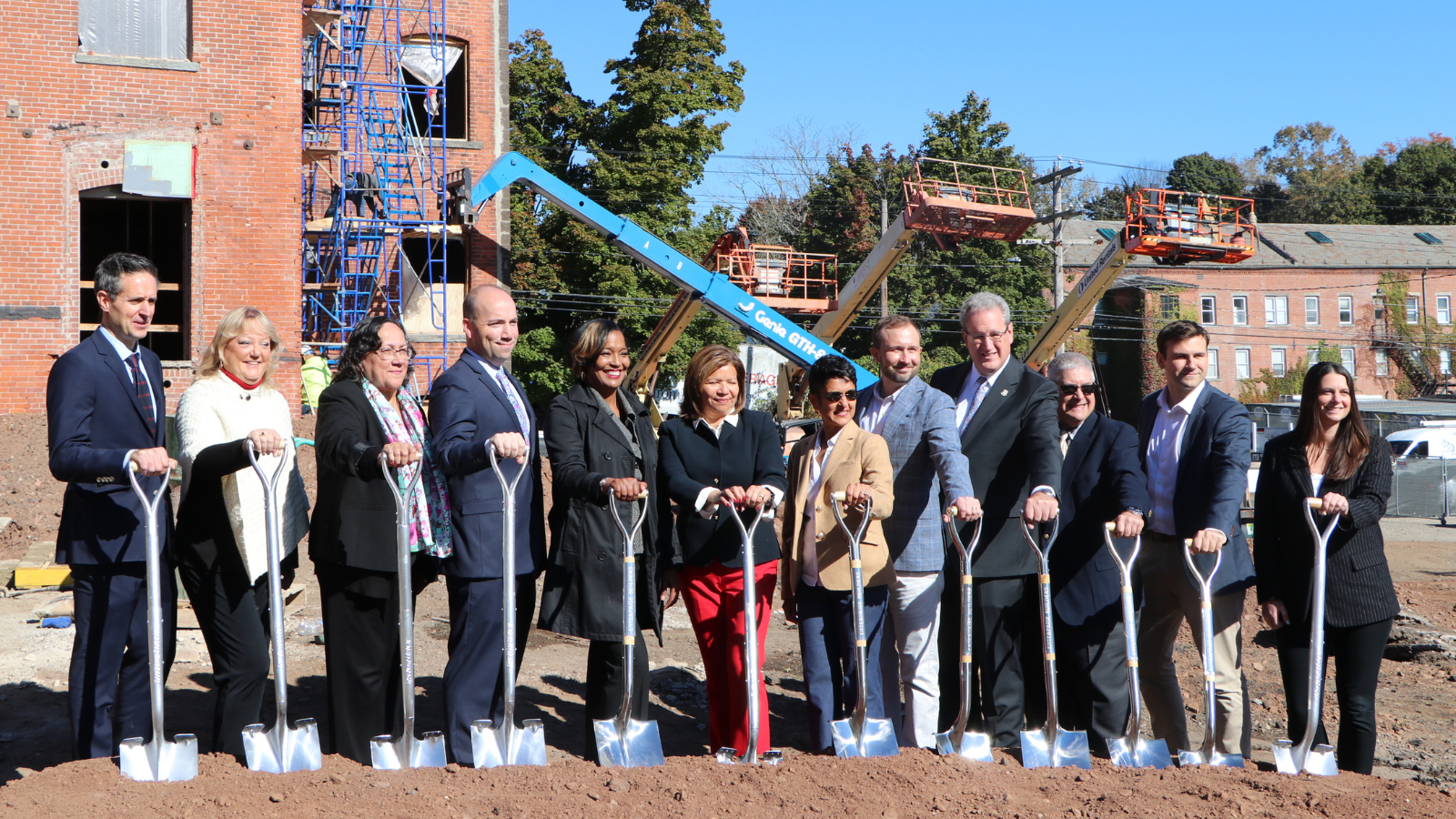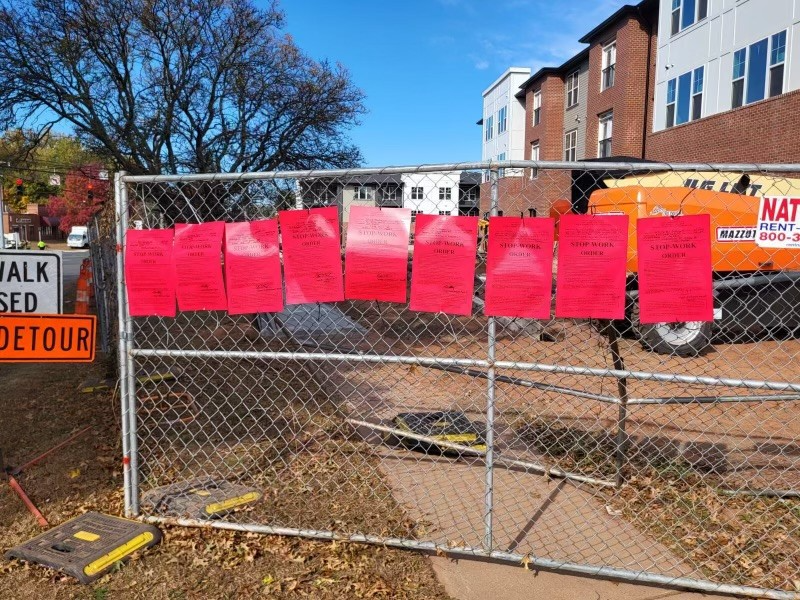
October 22, 2024
WEST HARTFORD DELEGATION SECURES $2 MILLION FOR TRANSIT-ORIENTED AFFORDABLE HOUSING
Today, the West Hartford delegation of lawmakers including State Senator Derek Slap, State Representative Tammy Exum, State Representative Kate Farrar, State Representative Bobby Gibson, State Representative Jillian Gilchrest and State Representative James Sanchez supported the State Bond Commission’s approval of $2 million in grant money for West Hartford to support affordable housing development. This grant to the town is the result of their advocacy and work with the Lamont administration and legislative leaders.
“We know that affordable housing is so important for our economy and our town so that’s why I’m so excited about these projects,” said Sen. Slap. “High-end housing is fine, but we also need options for middle class families, retired folks, and younger professionals. Thanks to the Lamont administration for supporting these projects and placing them on the bond agenda.”
“I am incredibly grateful to Governor Lamont and the State Bond Commission for their continued and crucial support in expanding housing options and enhancing West Hartford’s affordability, connectivity and walkability,” said Rep. Tammy Exum (D-West Hartford, Avon).
“This $2 million allocation will support the important efforts to create more affordable housing options in West Hartford’s transit-oriented development zone,” said Rep. Kate Farrar, who represents the 20th District where the two proposed housing developments are located. “I appreciate Governor Lamont and the State Bond Commission’s approval of this funding that recognizes the importance of creating a vibrant and inclusive community by better connecting housing, transit and economic development.”
“Developing affordable housing near transit hubs is an excellent step towards building equity in our community. Everyone deserves a form of reliable transportation, and this funding will provide several residents with easy access to our area’s robust public transportation system. Thank you to Governor Lamont and the State Bond Commission for their investment in West Hartford,” said Rep. Gibson.
“Transit-oriented development can create more housing options in areas that are accessible to pedestrian and public transportation,” Rep. Gilchrest said. “And, functional, thriving neighborhoods bring individual and community benefits. I thank Governor Lamont and the State Bond Commission for prioritizing these important initiatives.”
“Providing affordable housing with easy access to the greater Hartford area on public transportation, such as CTFastrak, is vital for creating inclusive communities where everyone can thrive,” Rep. James Sánchez (D – Hartford, West Hartford) said. “It enables families to benefit from job opportunities, quality education, and essential services while having an affordable place to live. By investing in accessible housing, we build a stronger, more equitable future for everyone.”
The $2 million for West Hartford on the State Bond Commission agenda will further aid projects in the town’s transit-oriented development zone create more diverse housing options. West Hartford’s transit-oriented development zone is located along the CTfastrak busway, providing easy access to Hartford and New Britain and further connections throughout the state.
The two projects under development are the mixed-use Elmwood Lofts at the former Puritan Furniture site on New Britain Avenue, which seeks to have 117 residential units and The Jayden on New Park Avenue with a proposed 70 units. Both projects will offer market-rate and affordable units.
In 2022, the West Hartford Town Council established the Transit-Oriented Development District Zone immediately in the area of CTfastrak stations to promote mixed-use, higher-density, pedestrian-friendly development supporting both the streetscape and mass transit access.










